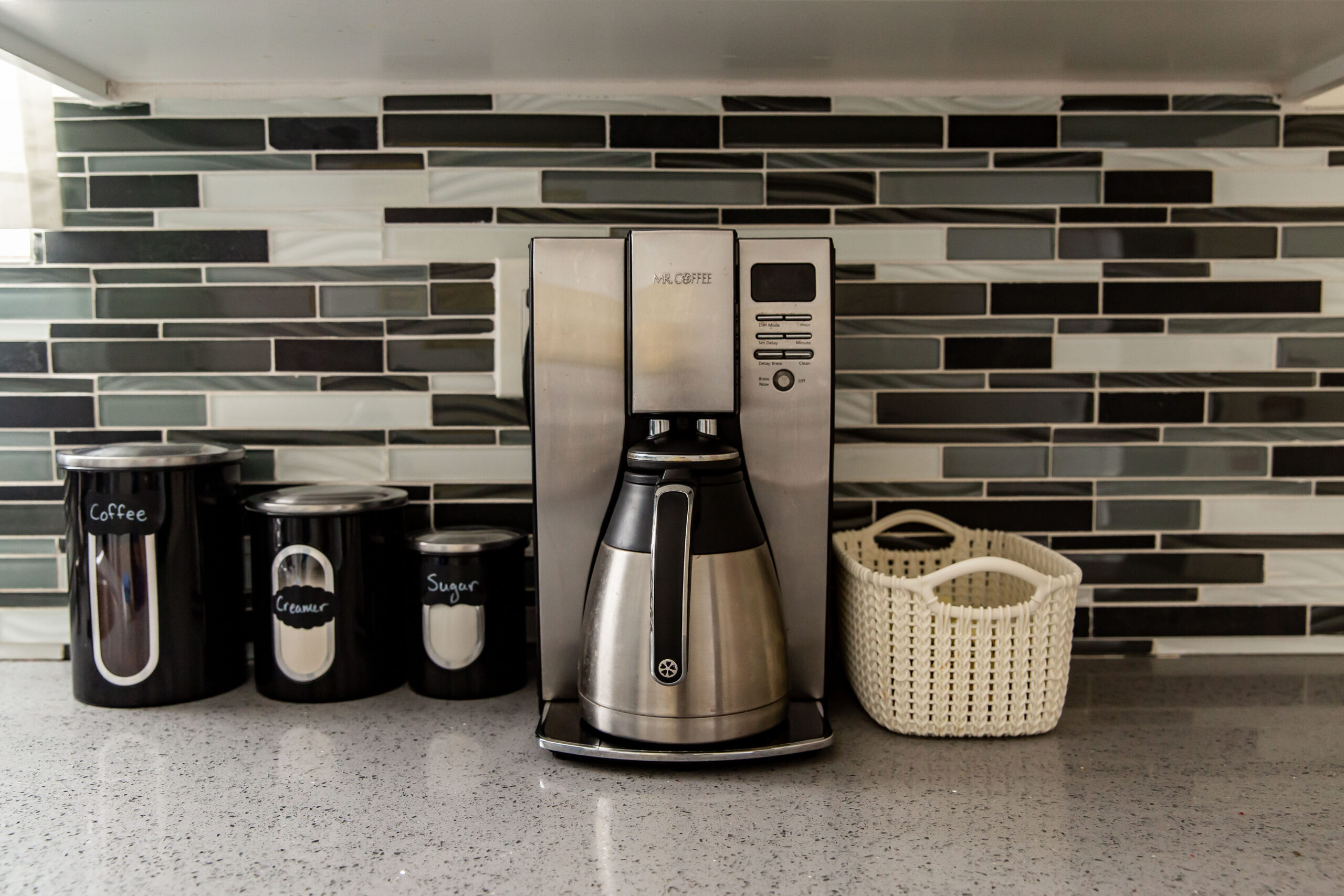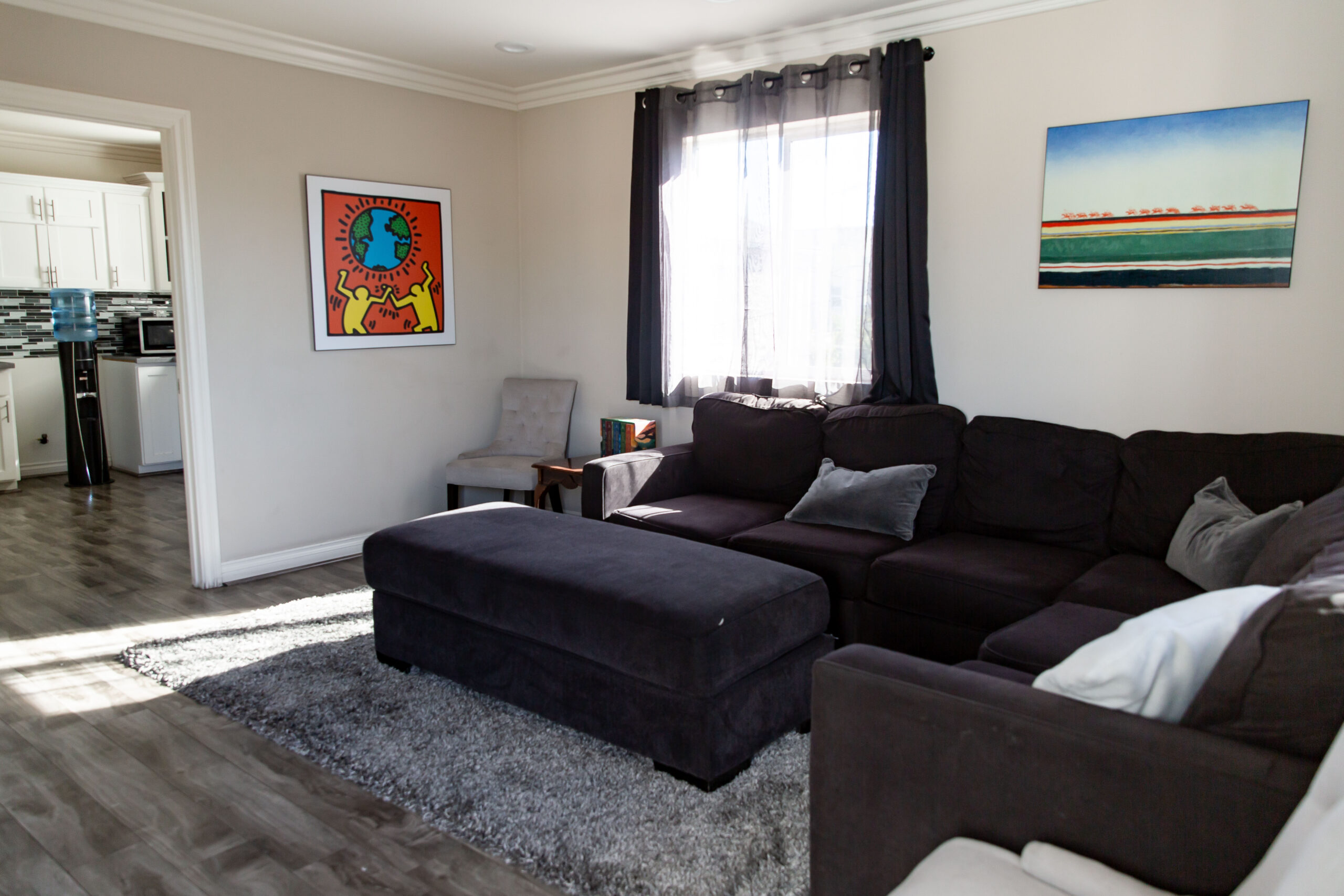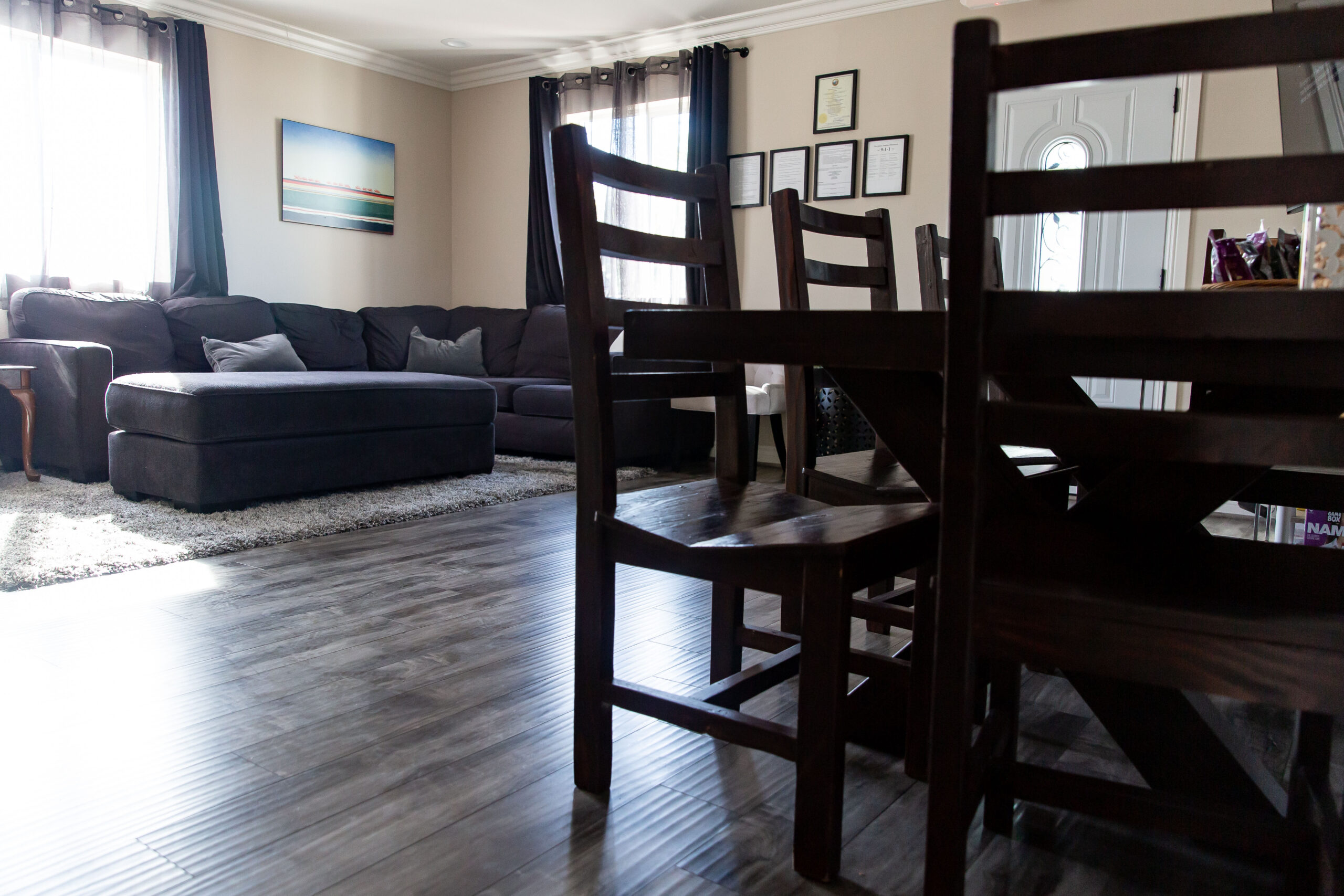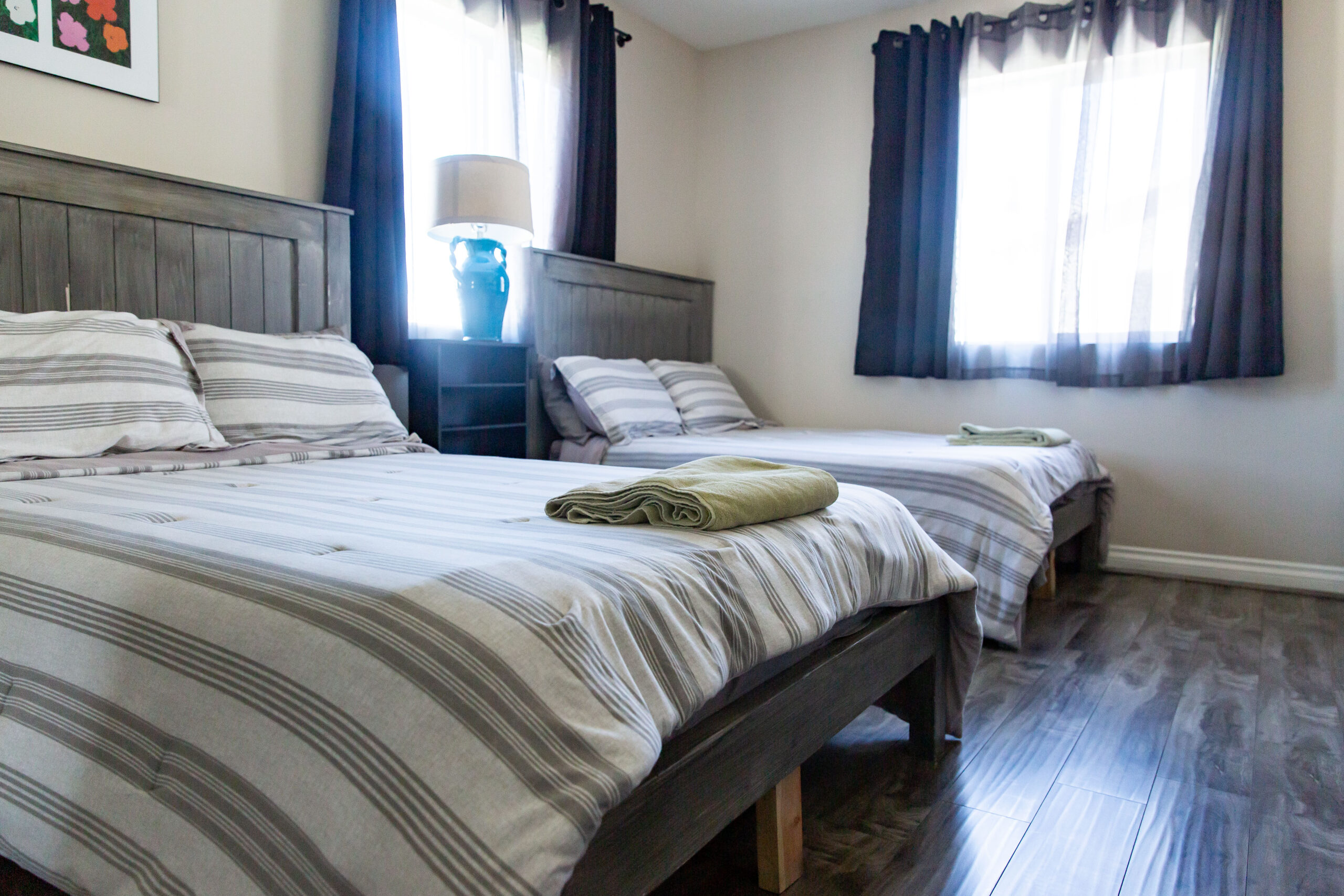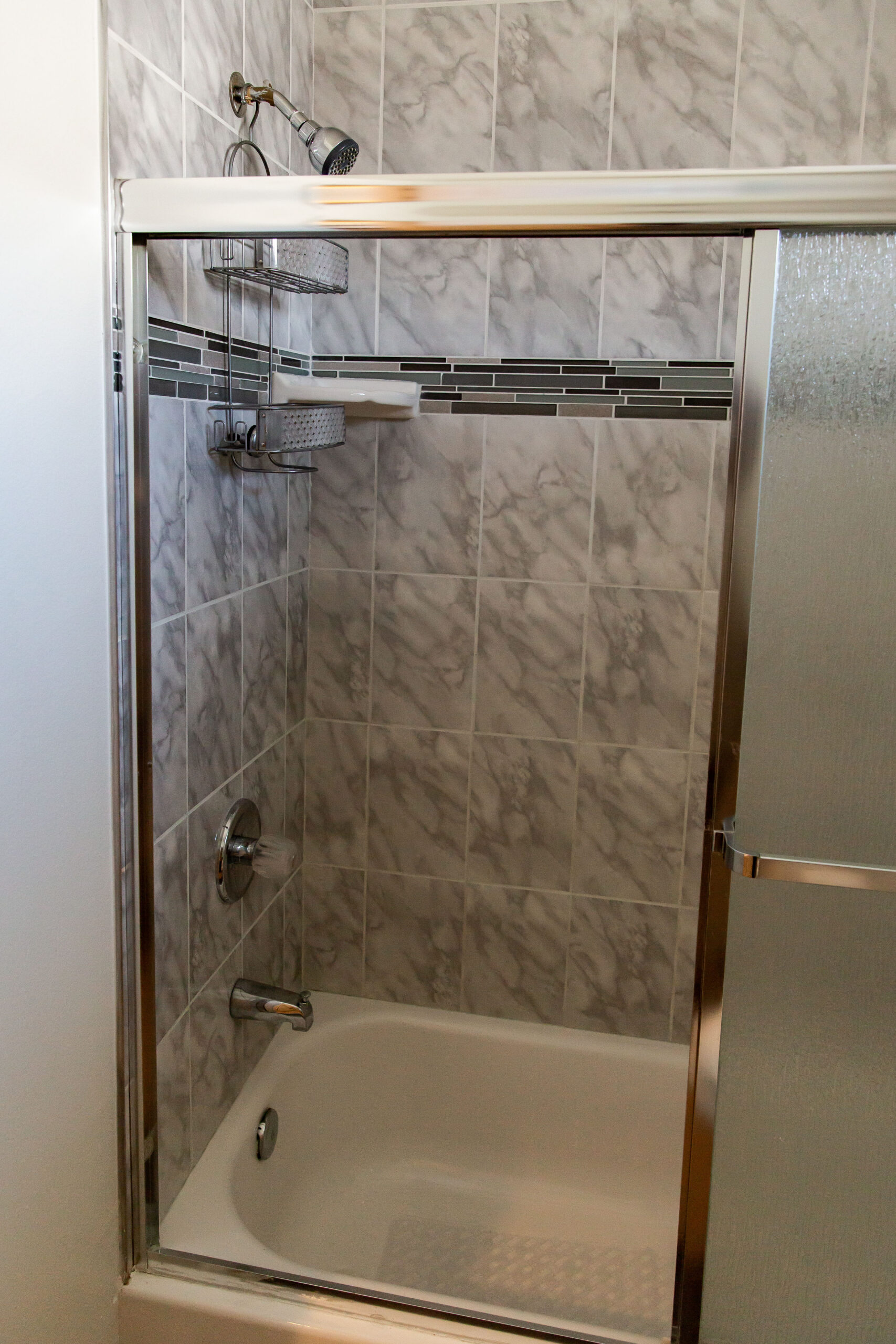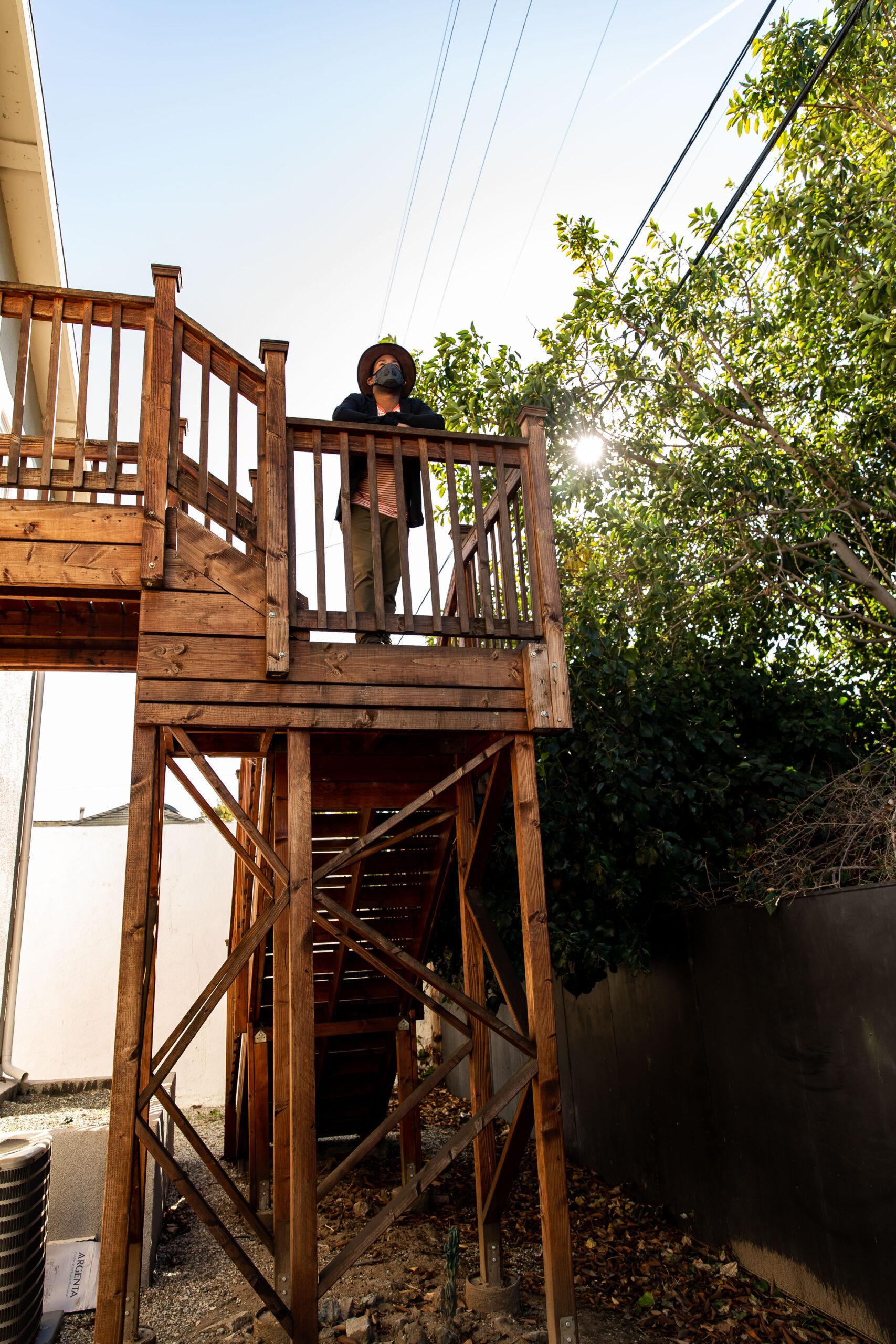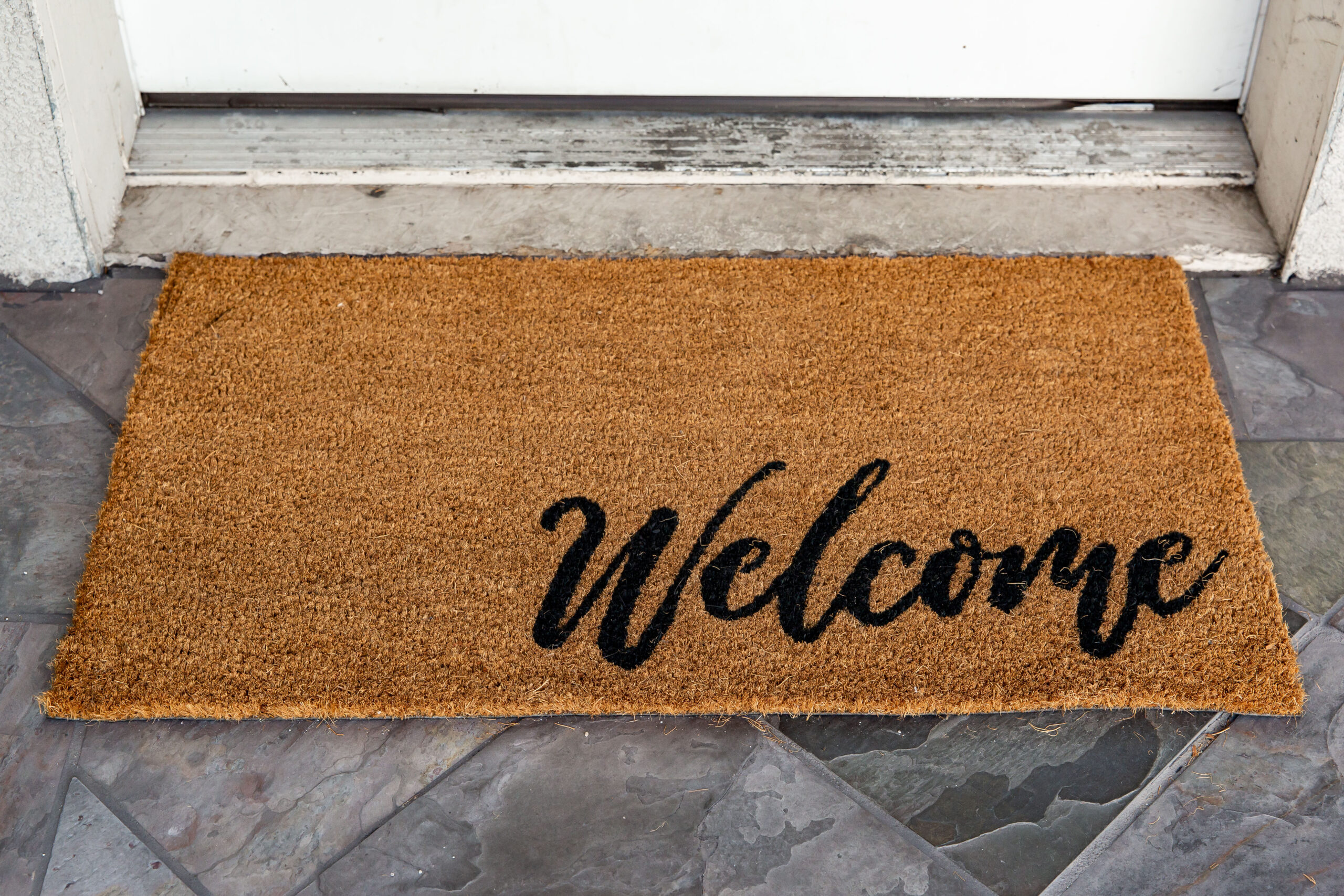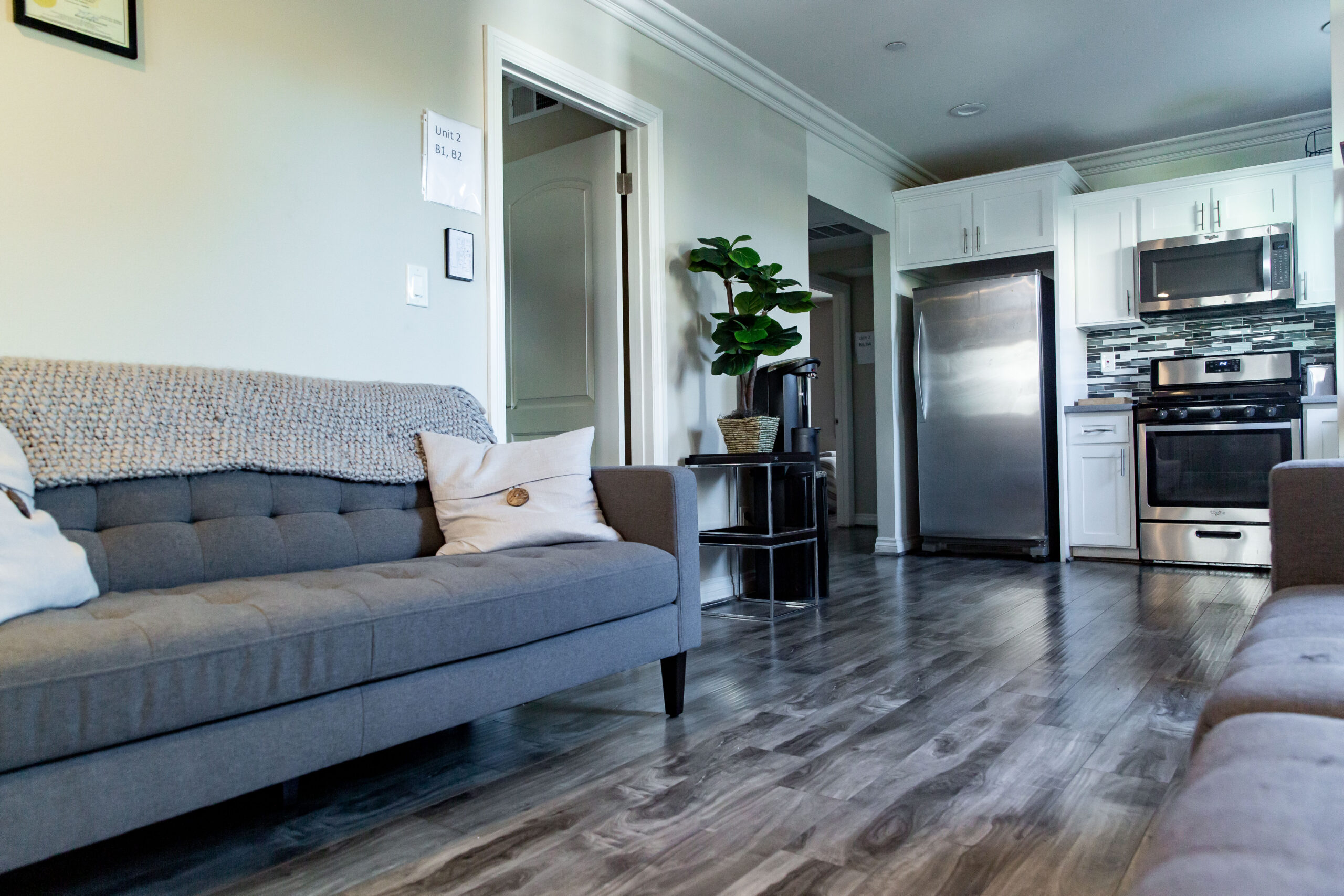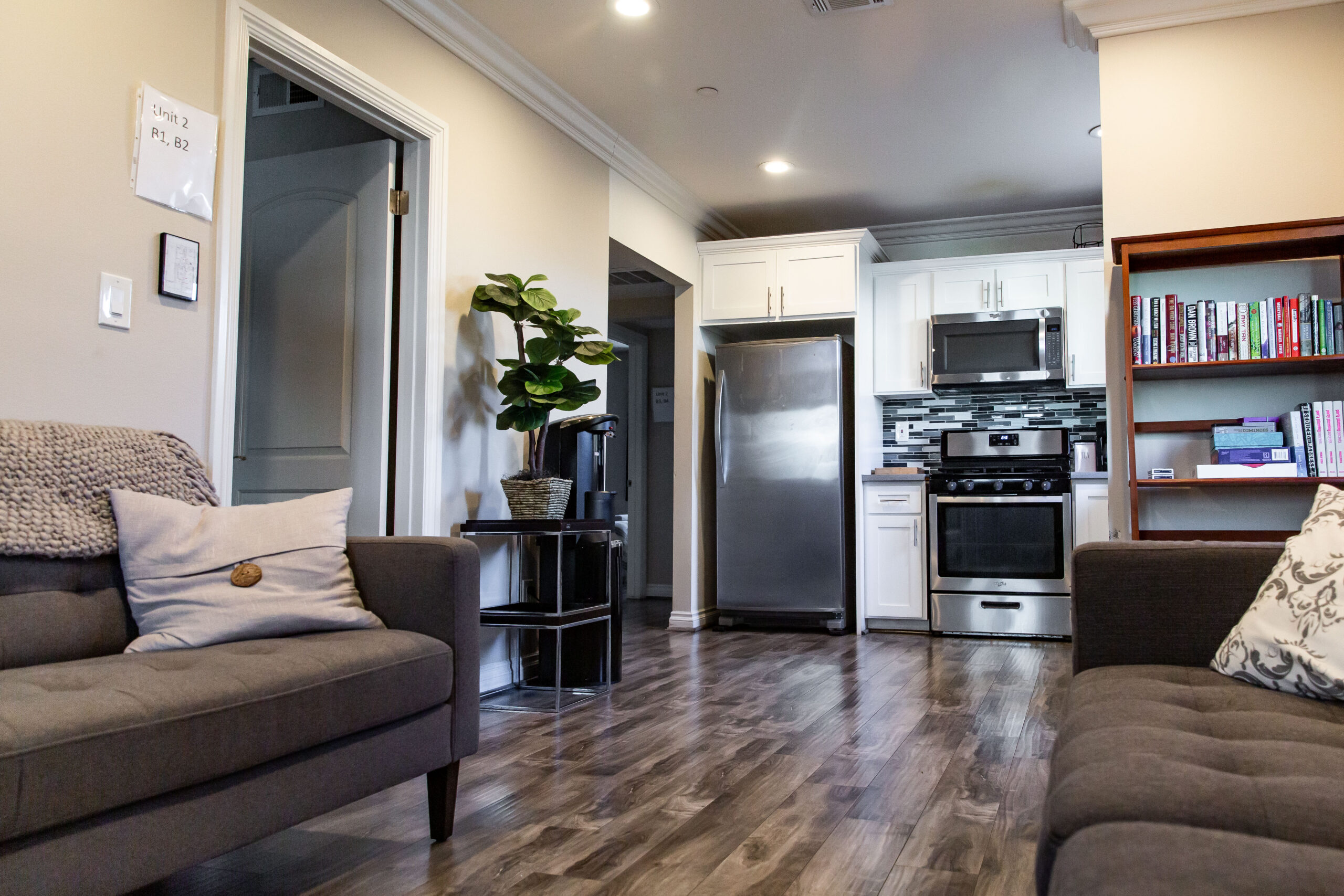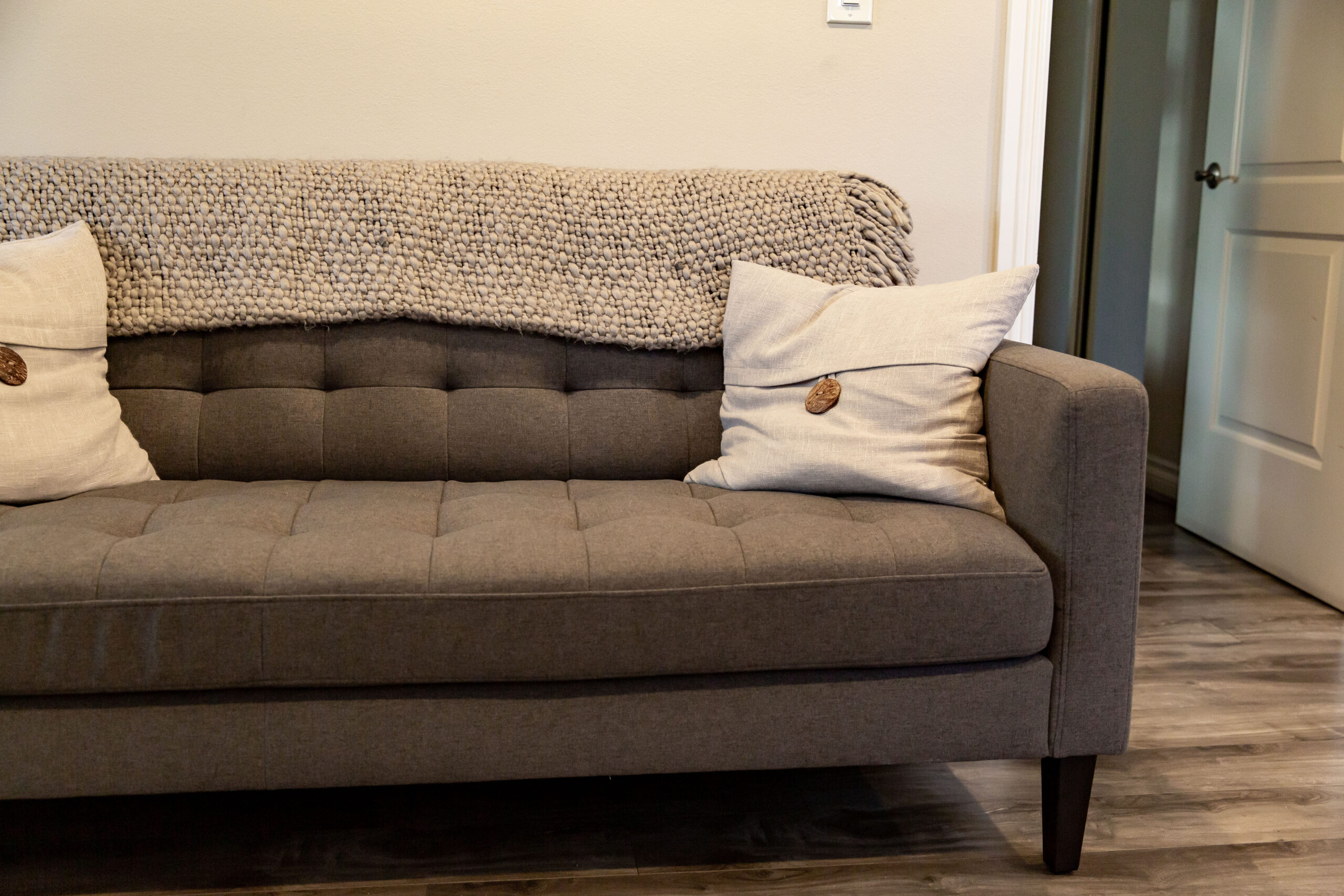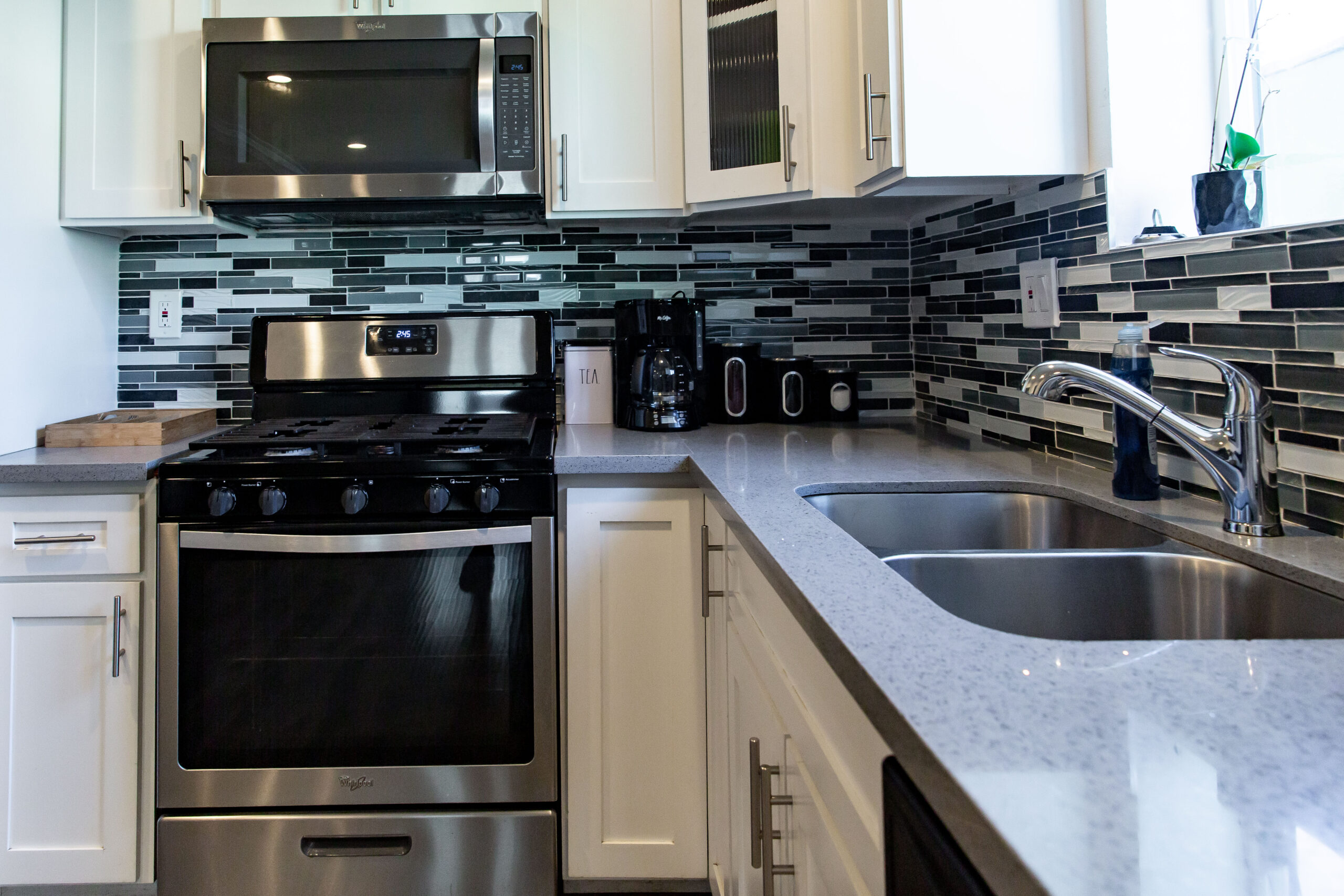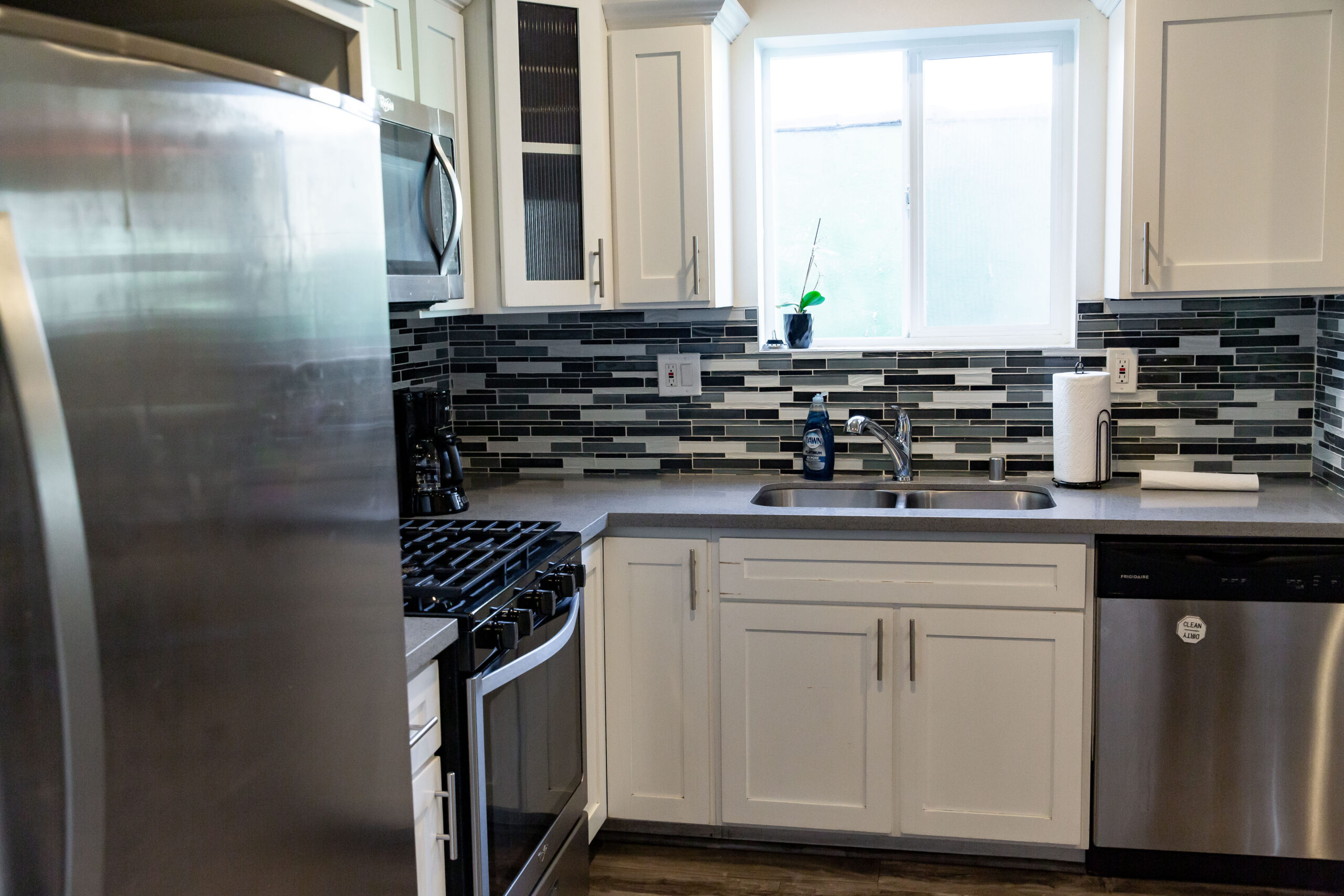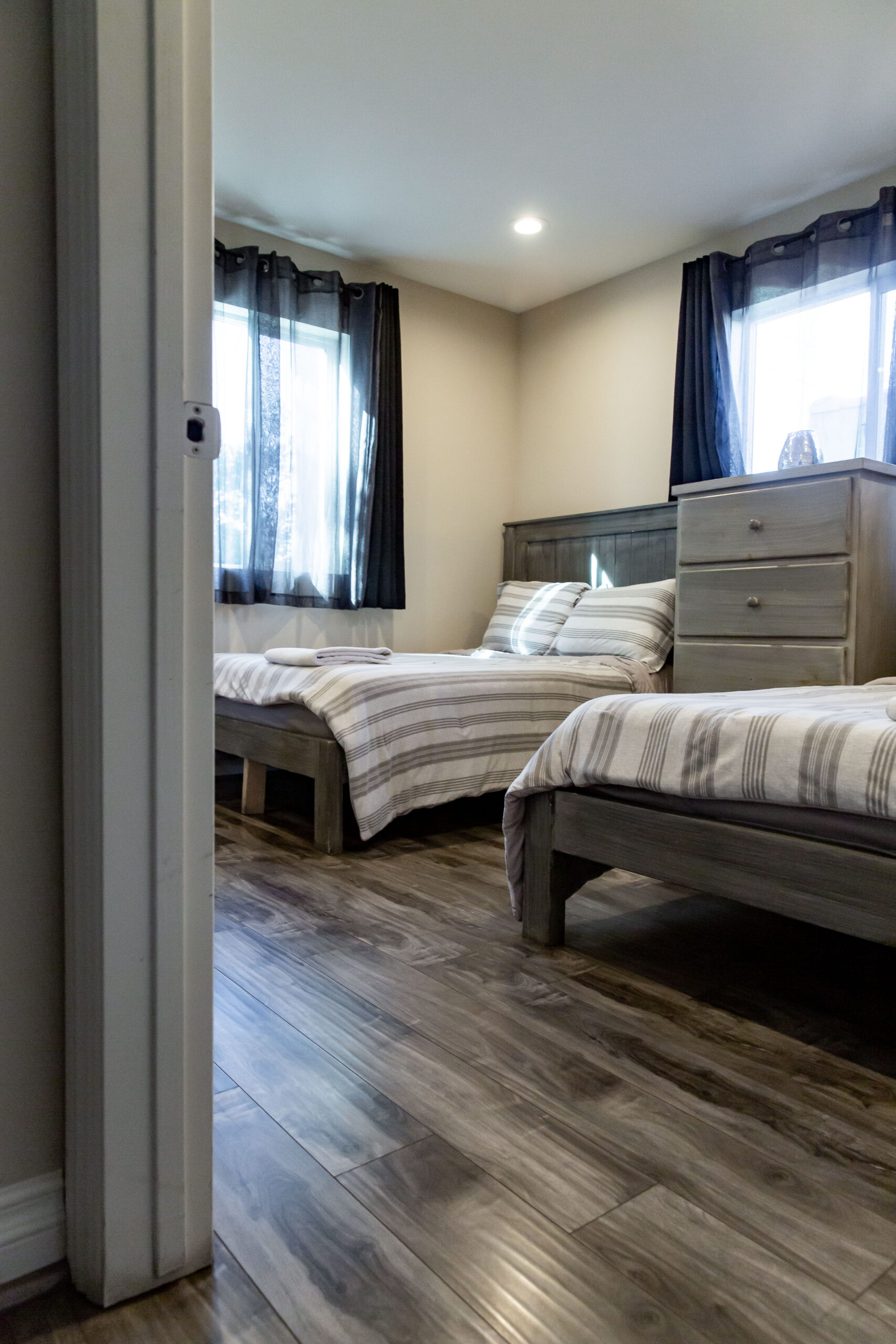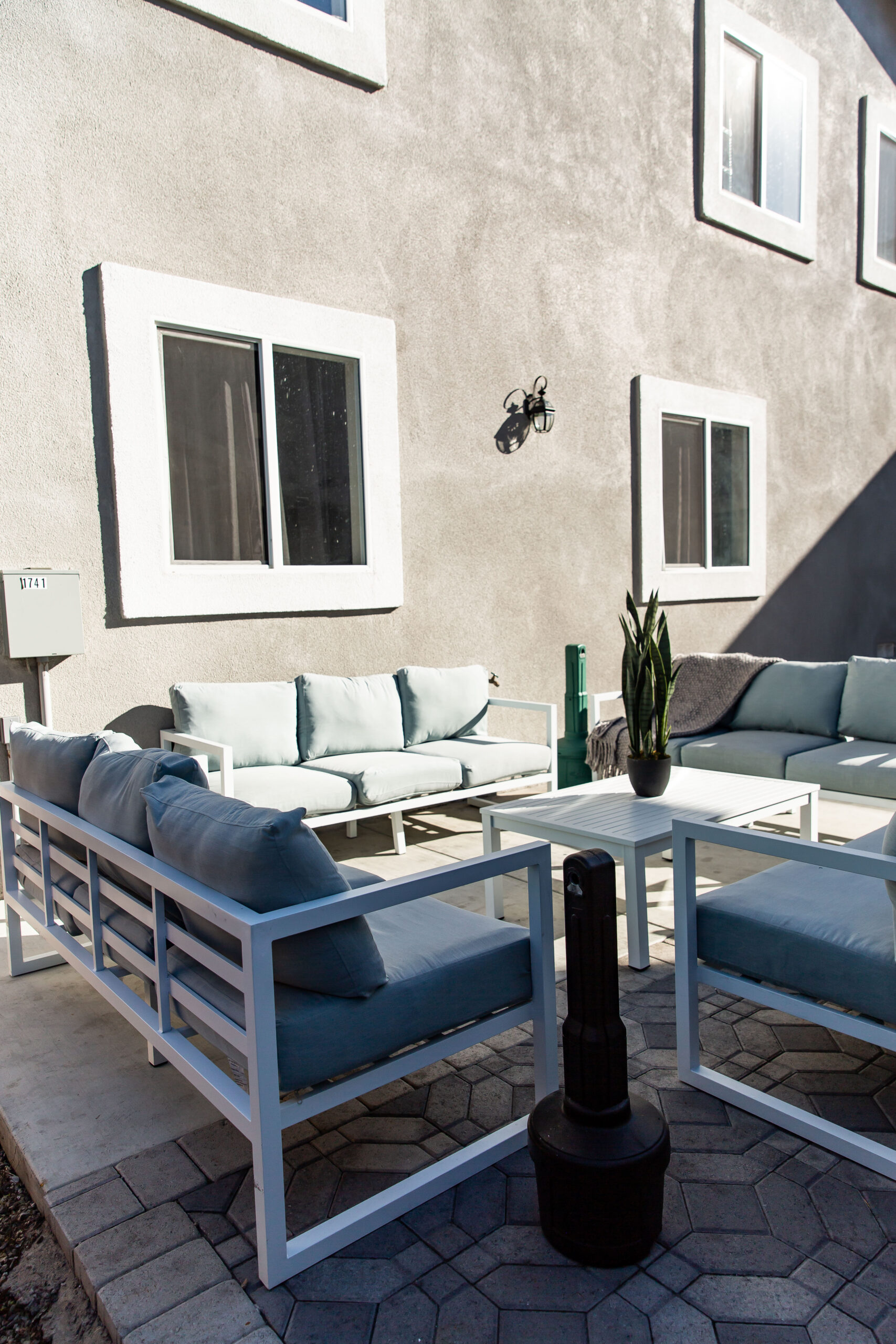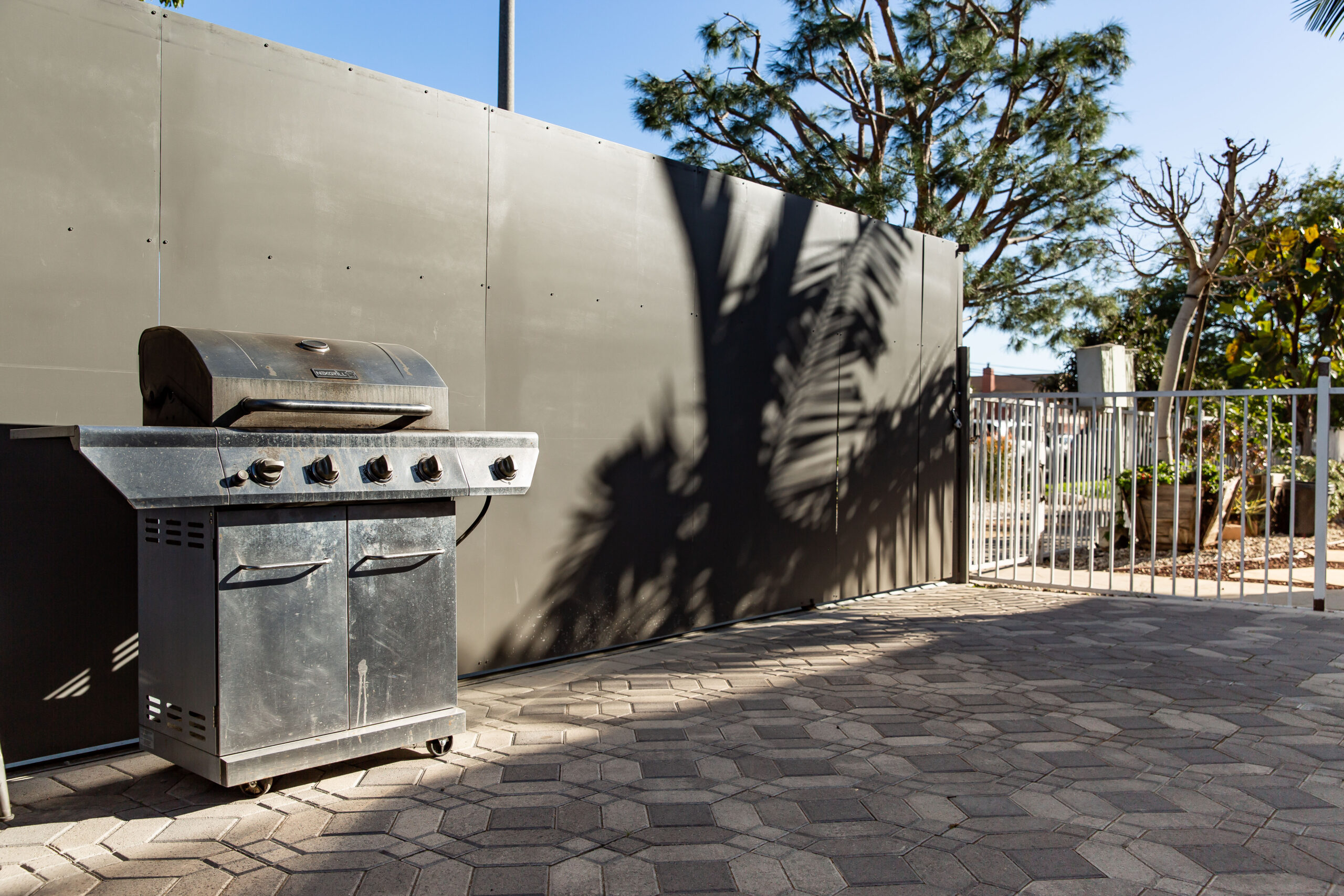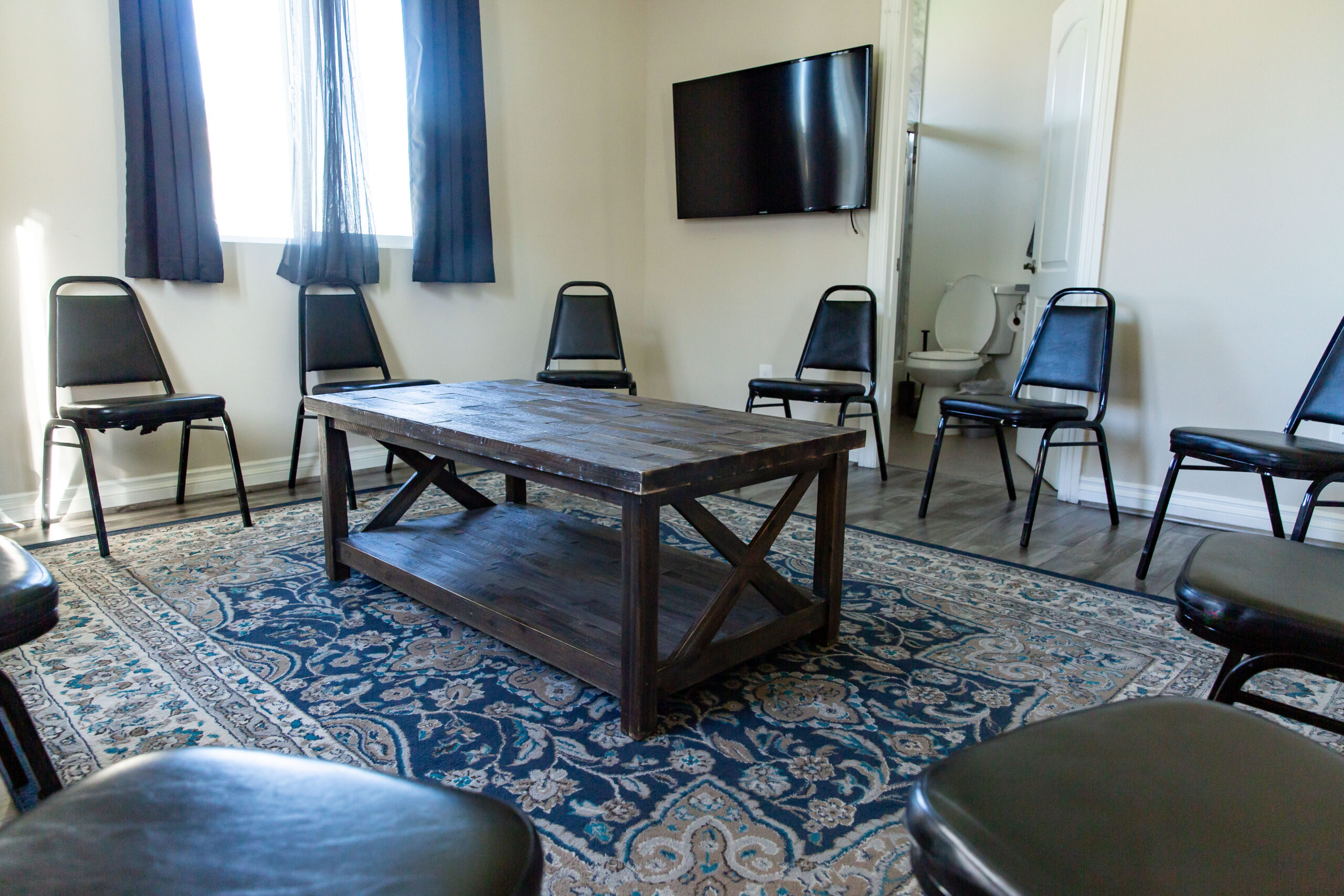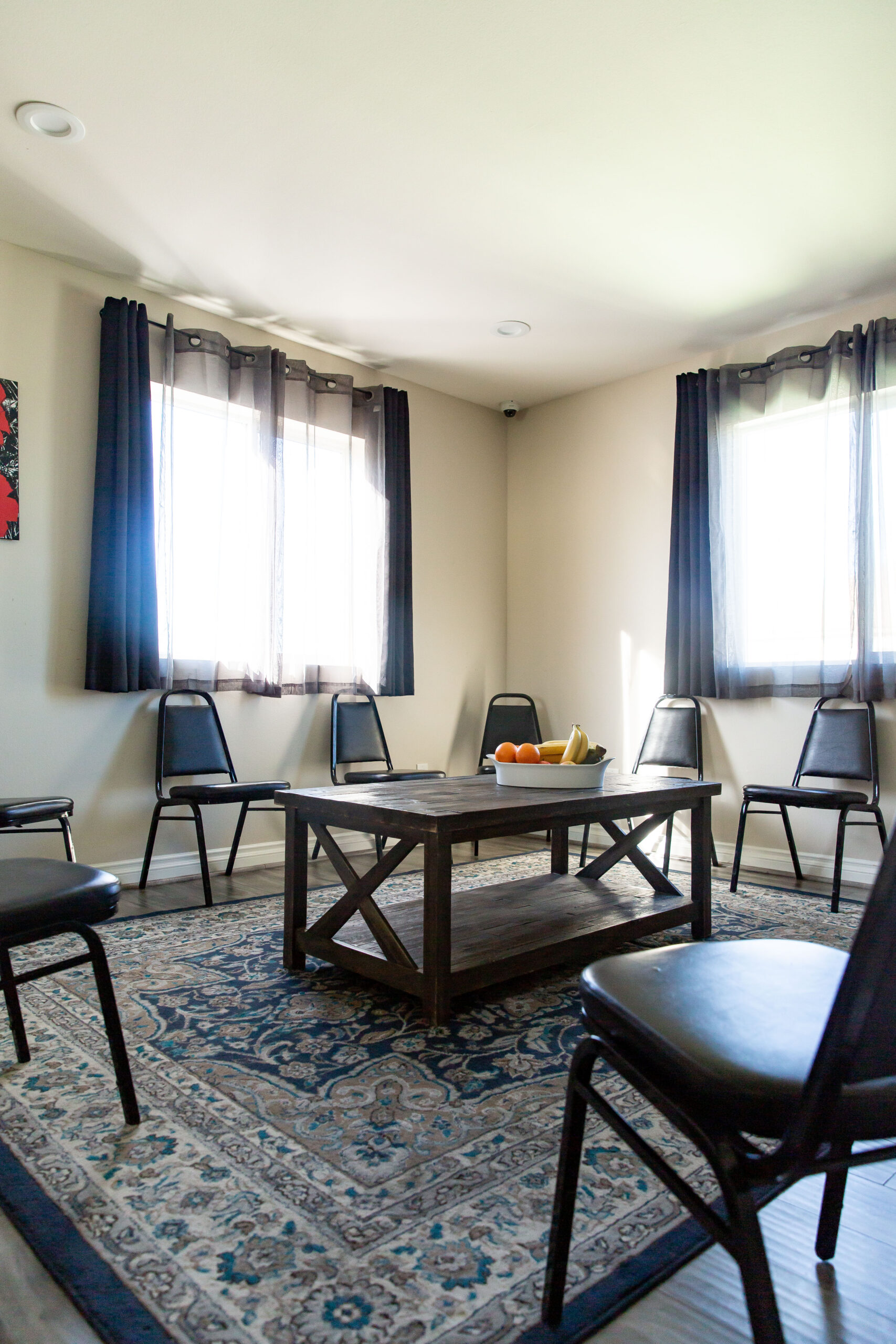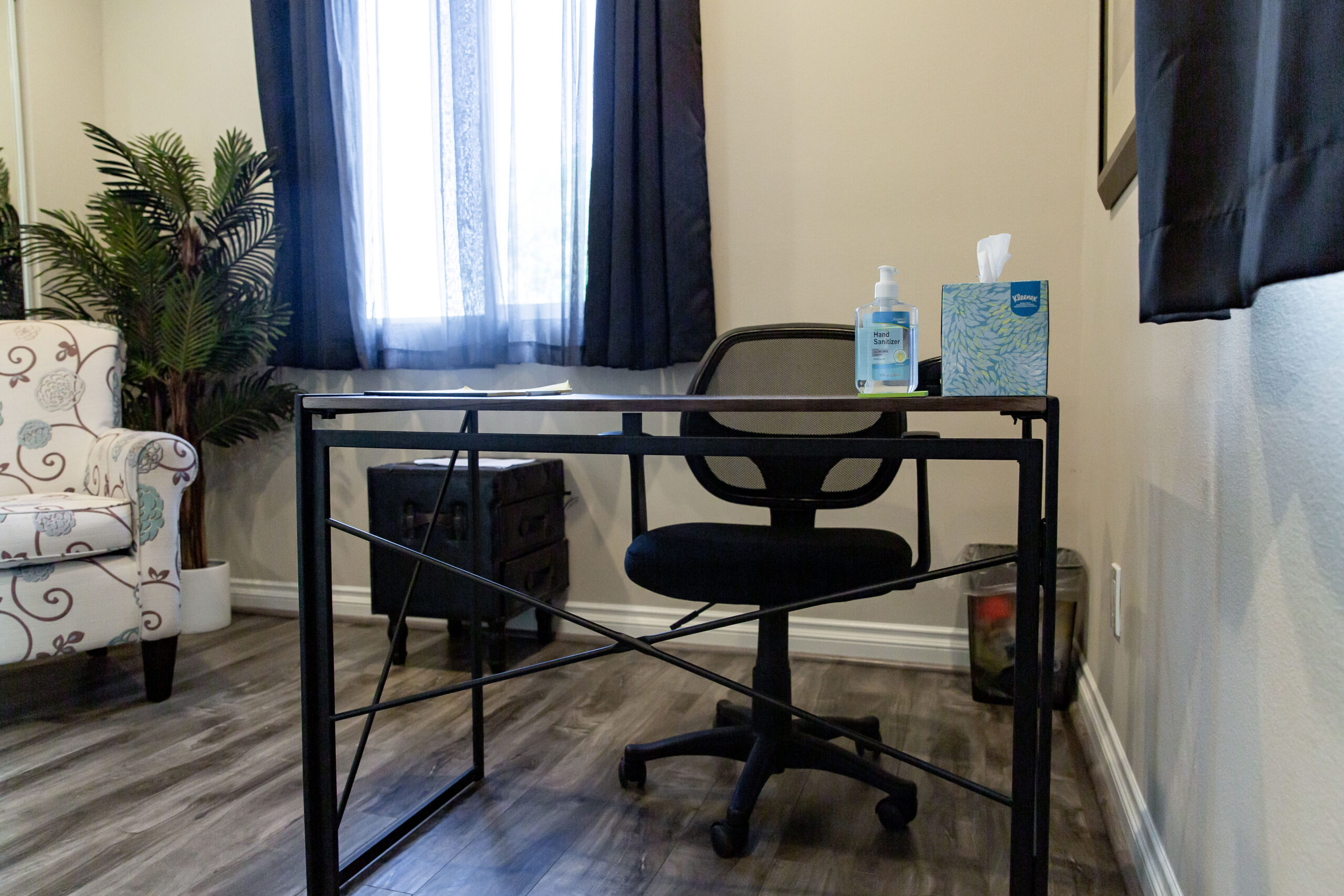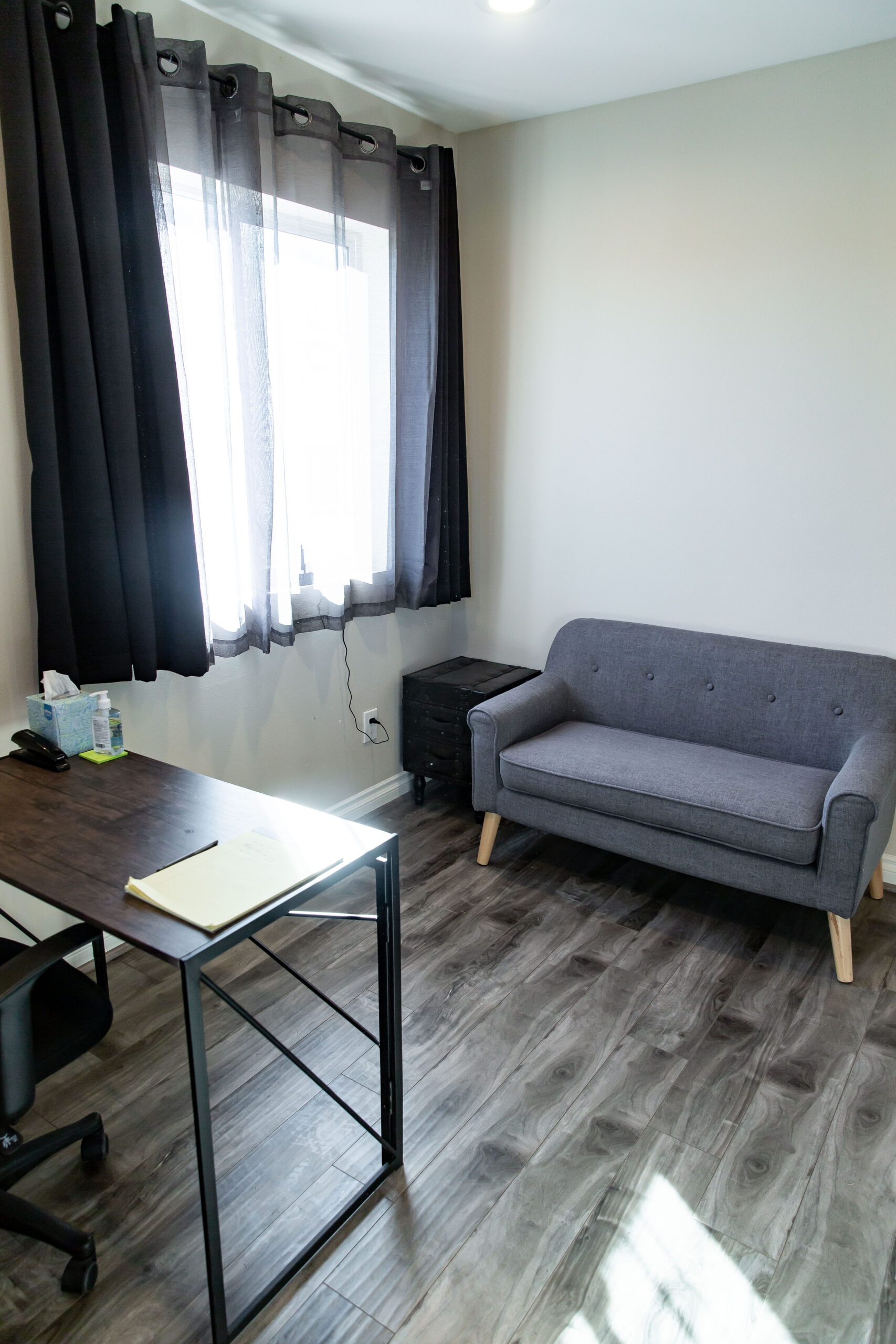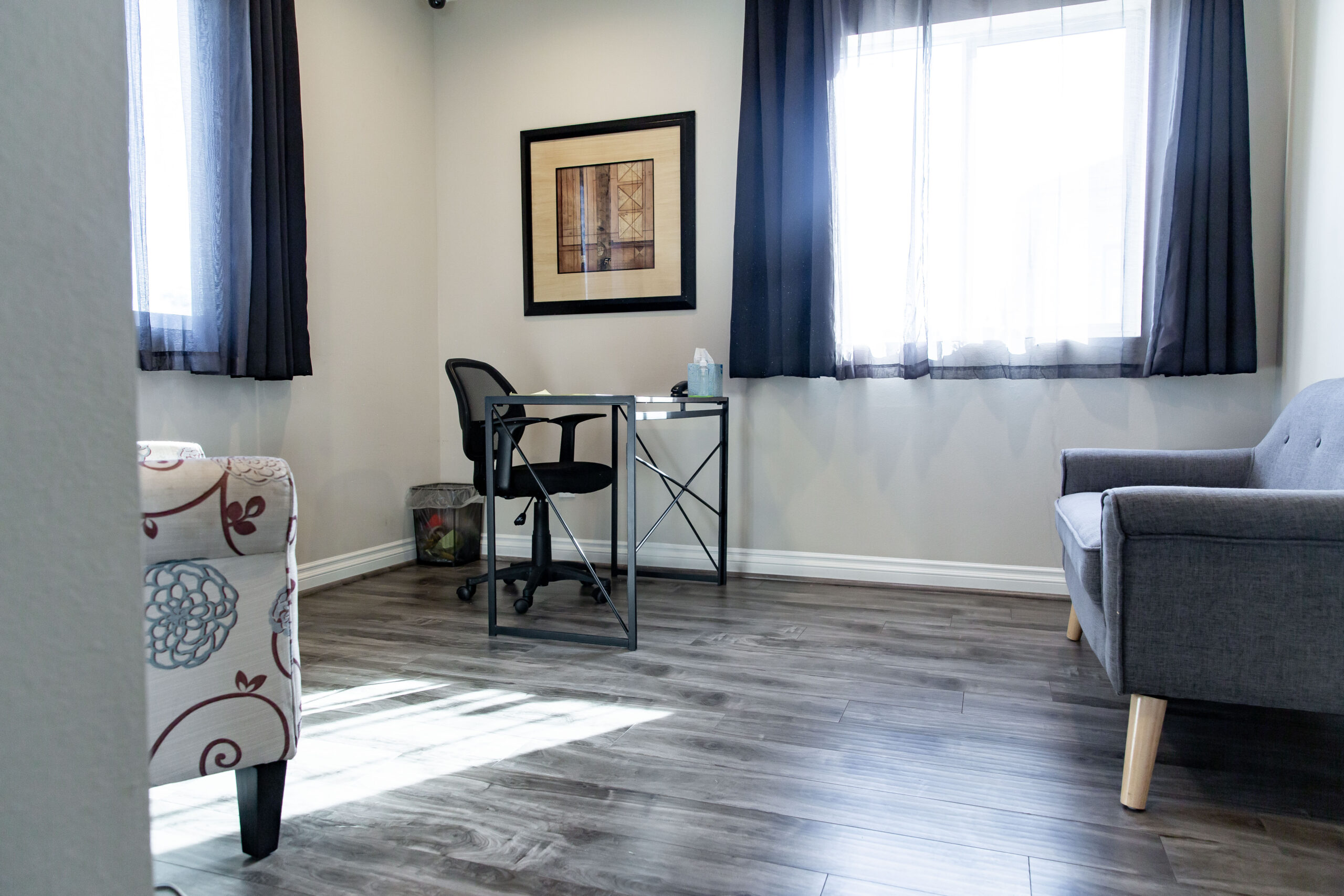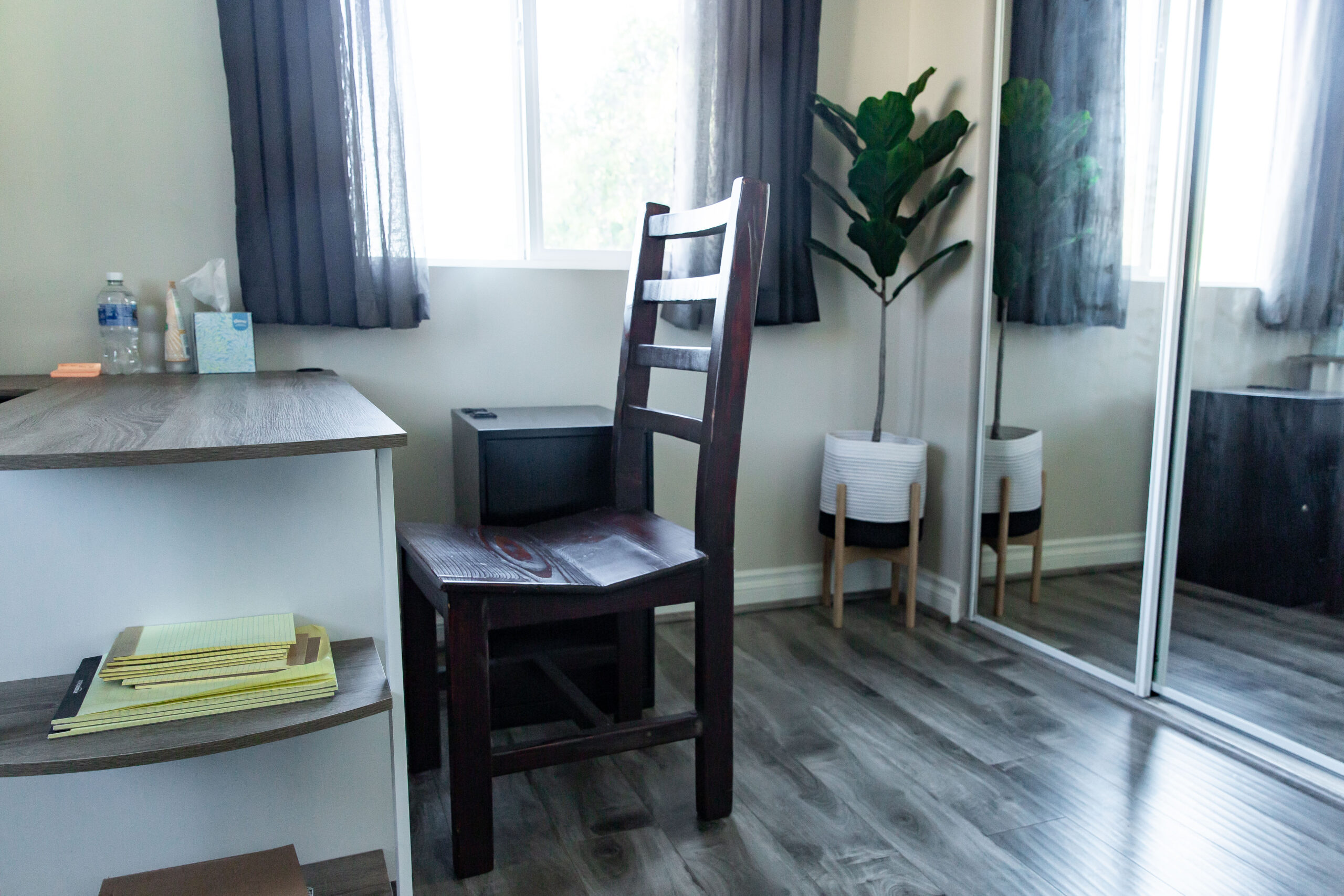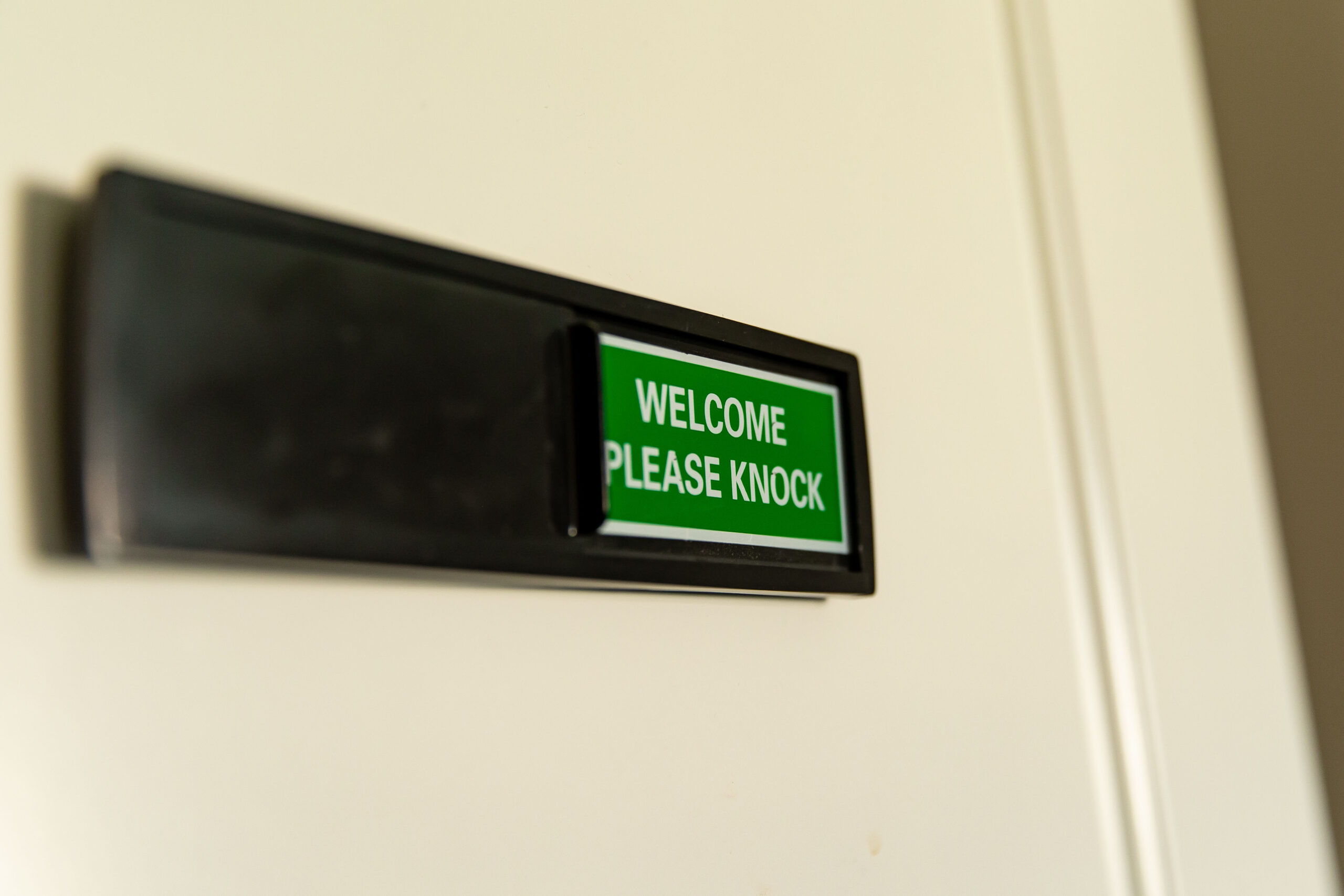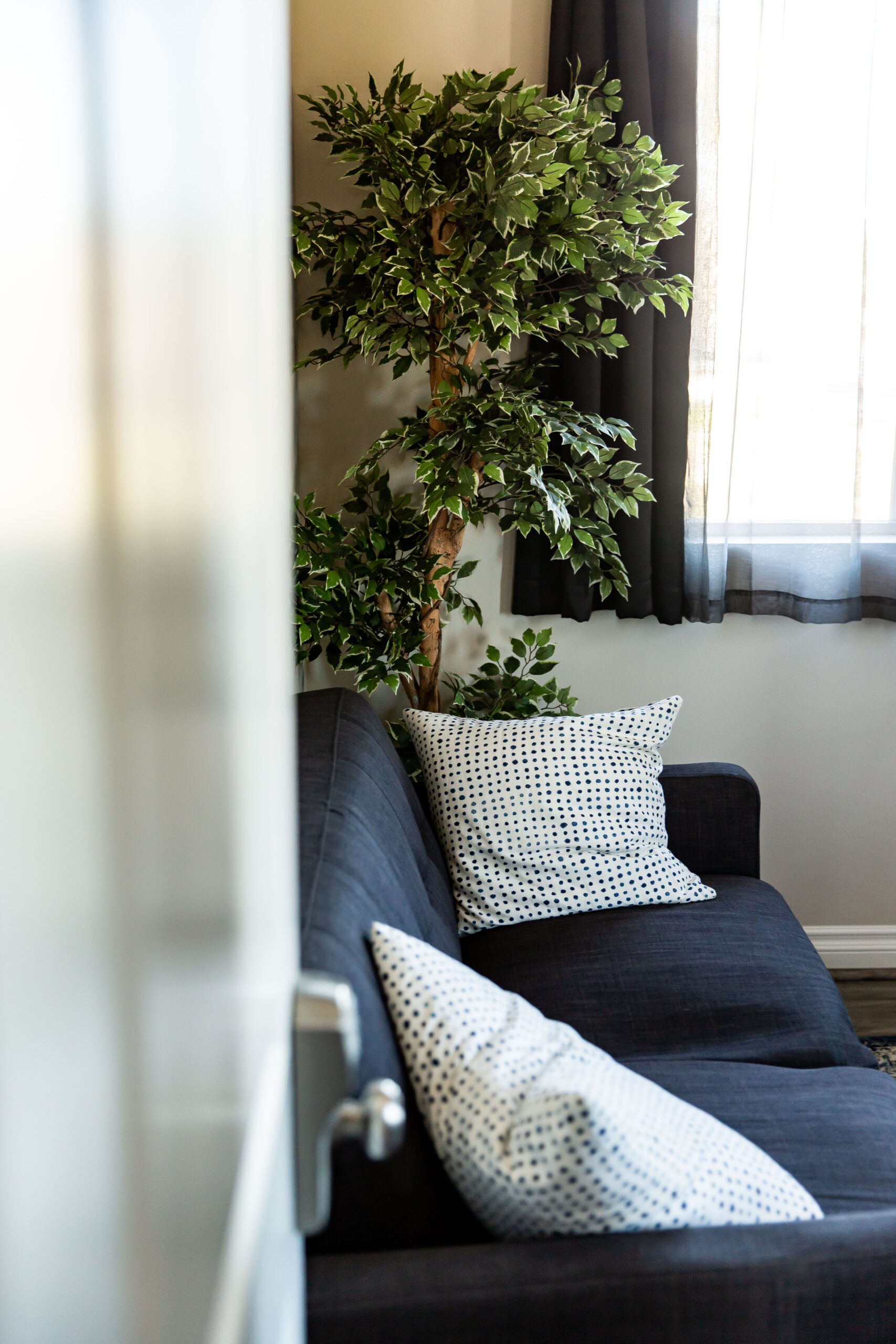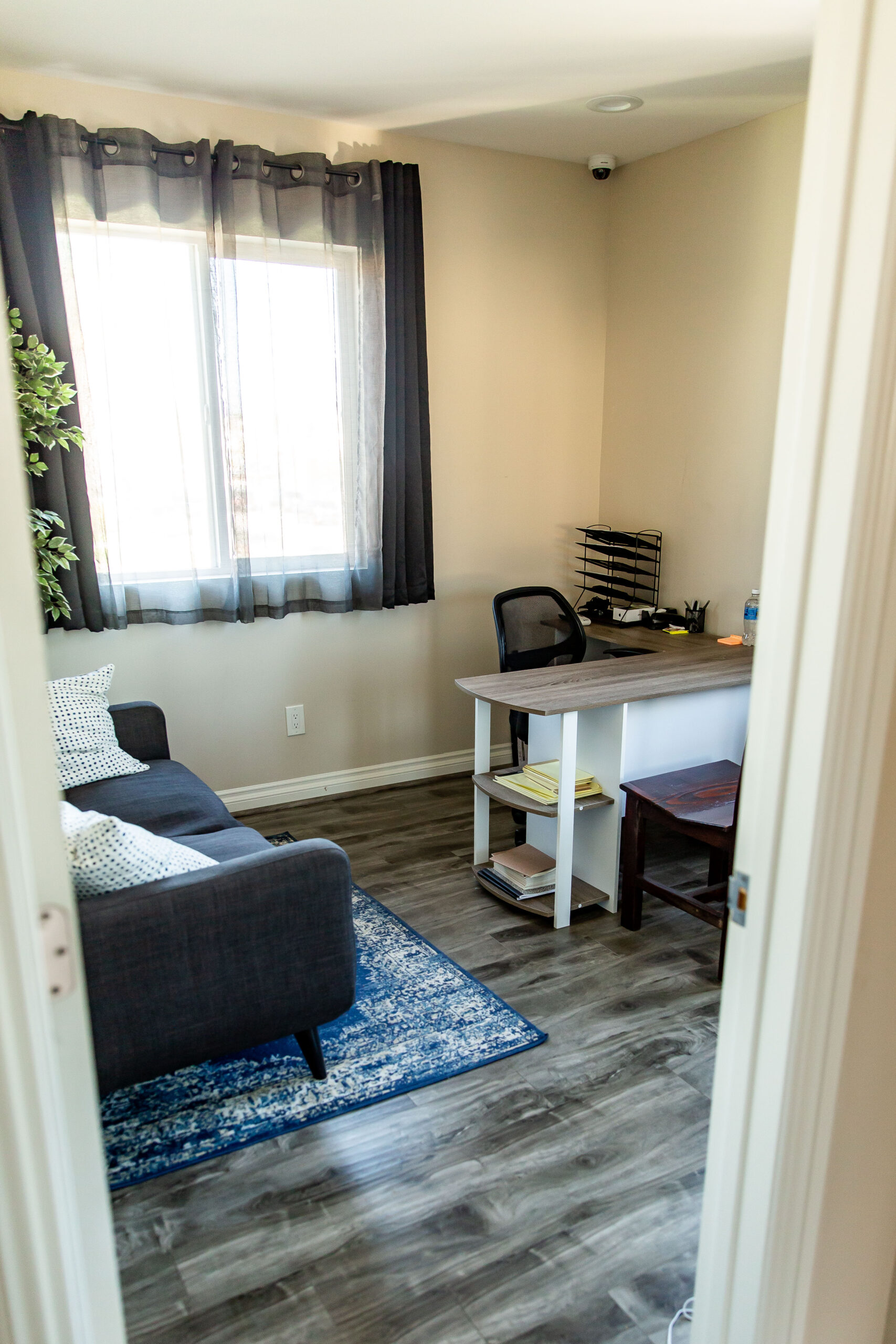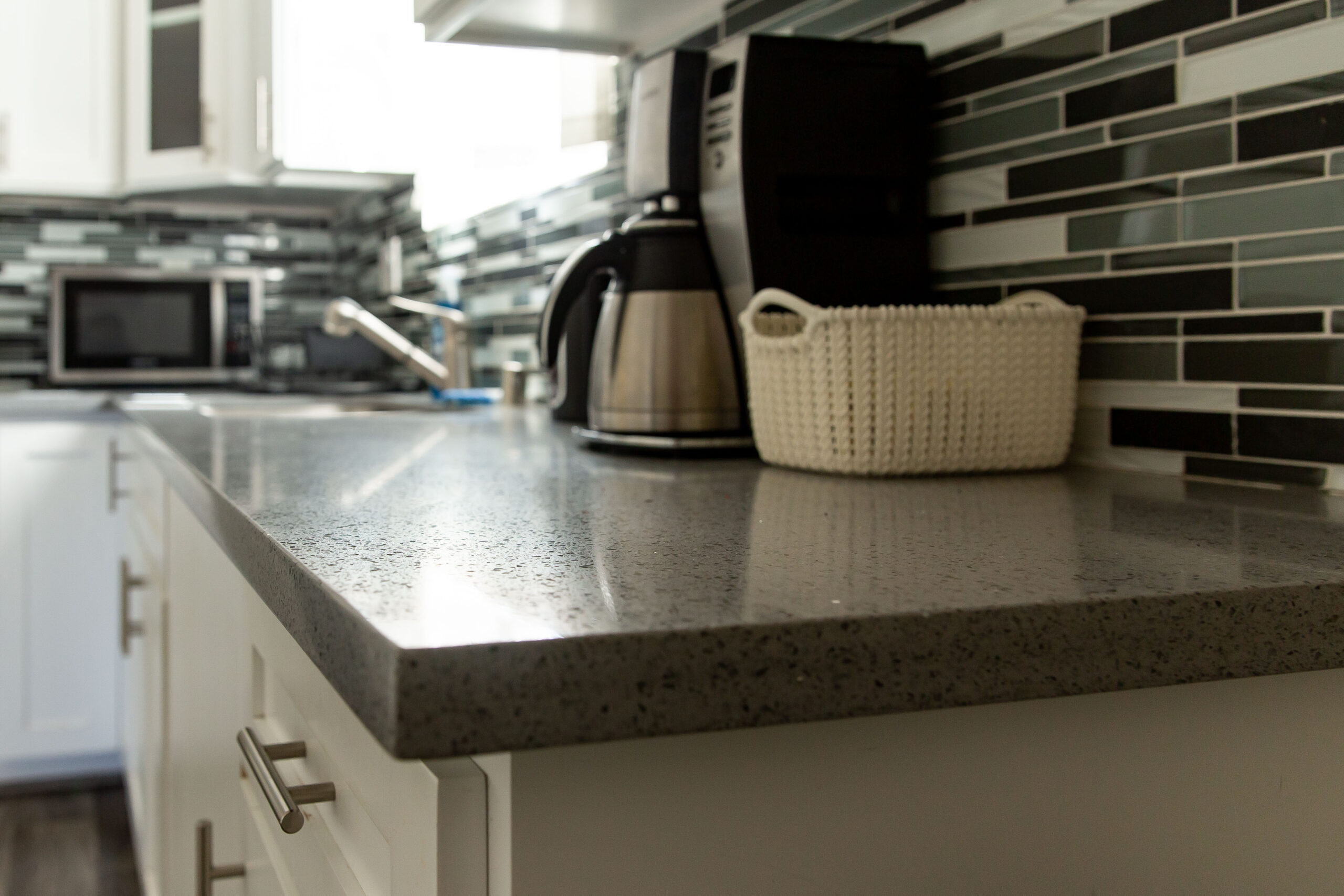If you or a loved one is abusing prescription drugs, you know that you need to find a recovery center that specializes in them. You may be a professional who was prescribed these drugs and now can’t seem to stop, or you might have developed an addiction in some other way. Taking action to free yourself of the addiction is critical so you can stop before your substance use disorder gets any worse. Fortunately, you can go on to longterm recovery even if you’ve been using these drugs for years.
Take a Tour
You’ll be under 24/7 clinical care for your detox at The Detox Center of LA, so that you can remove your prescription drug dependence safely and comfortably. Your treatment program is customized for you and your special needs. Our recovery center treats dual diagnosis patients (who have a mental health condition in addition to the substance abuse.) The treatment facility includes detox as well as inpatient rehab, and we are in a network of other highly skilled facilities for outpatient and aftercare programs as necessary to help ensure your recovery from prescription drug use disorder.
You’ll meet regularly with your primary therapist and attend both individual counseling as well as group sessions that focus on relapse prevention and helping you be successful on your recovery journey. You deserve a life free of dependence on drugs, and we’ll be there to support you at our Irvine drug rehab.
What Is RX Rehab Like?
Depending on how long and how heavily you’ve been using prescription drugs, and whether or not you have an underlying mental health disorder, you may need inpatient (residential) treatment. Some people may require a medically supervised detox as well. Withdrawal can be safe and comfortable (under medical care), and you don’t have to do it alone. Inpatient rehab programs are highly structured so that you don’t have much time to become hungry, angry, lonely, or tired.
If you choose an inpatient recovery center, you’ll be able to focus solely on your journey to sobriety, since you won’t have to deal with the triggers of the outside world. You’ll likely be under 24/7 supervision, with support whenever you have cravings or otherwise need someone to talk to.
However, not all prescription drug users need a residential facility. You might be well served by an outpatient program. Depending on your history of taking the drug and other illnesses you’re experiencing, you may need partial hospitalization, or else an intensive outpatient program. Many outpatient treatment sessions occur after work or school, or on the weekend so that you don’t have to worry about losing your job or falling farther behind at school.
What To Expect During RX Rehab
Whether you choose outpatient or inpatient treatment, you’ll be attending both group and individual therapy sessions. Many licensed and certified treatment facilities offer cognitive and dialectical behavior therapies, family systems therapy, and other sessions designed to help you with relapse prevention, interpersonal relationships, and other life skills such as nutrition management. You might also want a recovery center that offers some experiential programs like art therapy.
If you stay at an inpatient rehab, you’ll have a standard daily schedule that you and all the other residents are expected to adhere to. For example, you’ll wake up around 7 or 8 and eat breakfast with the group. Typically there are some therapy sessions until lunch with the other residents, and more after lunch. After communal dinner you’ll usually engage in some hobbies or other fun activities, until lights out.
Either way, you can expect the emotions and other issues that you were self-medicating with prescription drug abuse to appear. They may have gone into hibernation with the substance use, but they didn’t disappear. Rehab is an excellent place to learn how to face those demons and prevent them from taking you back down the road to drug abuse.
It’s also common for those with substance use disorders to need help with topics such as anger management, communication with other people, being able to tolerate distress without the “help” of a drink or drug, and even eating healthily to help prevent cravings. Most rehab programs address these issues, and at a residential facility you get to practice these new behaviors in a safe environment.
How Long Is Rx Rehab Irvine CA?
The length of the program you need is partially dependent on how long and how heavily you’ve been using prescription drugs. The longer you’ve had any kind of substance use disorder, whether it’s prescription drugs or something else, the longer you’ll need to attend rehab to make sure that the new, healthy habits you’ve developed will stick.
In general, treatment can be for 30, 60, or 90 days.
30 days
One month might be a good start if you’re not sure how long you need to stay in treatment, and it’s enough time for you to get rid of most of the drugs in your system so you can start thinking clearly again. Typically this is not enough time for you to fully recover, but during the month you can start making plans for aftercare or recognize that you may need a longer program in order to fully rid yourself of the thinking and habits that you’ve developed while on the drug.
60 days
With a two-month program, you have more time to fully rid yourself of all the toxins and to commit more deeply to therapy. Most people who end up with a substance use disorder are trying to treat an underlying condition with the drugs or alcohol, so a longer time in the recovery center gives you a more substantial foundation for longterm recovery.
90 days
Three months is best for establishing new routines that will help with relapse prevention. Most graduates of a 90-day program have better success through having a longer time to develop and practice new habits without drugs and alcohol. Not everyone can afford a three-month stay, either in terms of time or money, however. Shorter rehabs tend to benefit those whose substance abuse is mild to moderate, as opposed to heavier users.
If you need more structure after a 90-day program, an extended program could be the solution for you. These types of care usually include sober living or halfway houses, where you can still be with a group of people who are learning to socialize and live without the crutch of a drug or alcohol.
Top Abused Prescription Drugs
Many drugs promise a quick fix, so both doctors and patients turn to prescription meds to solve problems. But they’re not always a great solution, particularly those that tend to be habit-forming. There are several classes of prescriptions that are abused the most.
- Opioids
While you may be familiar with heroin abuse, there are also opiates prescribed as medication for people, generally for pain. Since they’re often habit-forming, it’s not surprising that so many people end up addicted to them. Prescribed opiates that are often abused include fentanyl, morphine, hydrocodone, which is generally under the name Vicodin or Lortab, and oxycodone (often under the brand name Oxycontin.)
Another prescription that is used to treat opiate addiction is itself an opiate that’s sometimes abused, known as methadone.
- Antidepressants
Even though it’s not entirely clear how antidepressants actually work, they’re common prescriptions that are relatively easy to obtain and cheap. This class of drugs includes names you might know like Lexapro, Paxil, Zoloft, and Prozac.
- Anti-anxiety
These medicines are sometimes used as sedatives in addition to treating anxiety. Common brands include Ambien, Xanax, Nembutal, and Valium.
- Stimulants
Typically, stimulants are prescribed to treat ADD (attention deficit disorder) and ADHD (attention deficit hyperactivity disorder.) They’re known as “study drugs” to college students, who may take them in order to stay up all night studying for an exam. Common brands are Dexedrine, Ritalin, and Adderall.
Methadone Detox in Irvine CA
For those addicted to opiates such as heroin or oxycodone, methadone is often used to help them get off the drug. Not only does it make some of the withdrawal symptoms less severe, but it can reduce cravings and block the euphoric effects of the opioid drug. In some cases it’s prescribed for pain as well.
However, as with many opiates, prescription or not, your body can build up a tolerance for it once you’ve been using it for a while. Withdrawal from methadone may come with unpleasant and severe symptoms just like withdrawing from heroin or fentanyl.
Some of the withdrawal symptoms are similar to the ones that you might experience if you’re detoxing from any other opiate. They can be mild, moderate, or severe, and they typically come on within hours or days of your last drug.
- Agitation and restlessness
- Insomnia
- Anxiety and depression
- Shivering or trembling
- Joint pain or muscle aches
- Nausea, vomiting, or diarrhea
- Stomach cramps
That’s why it’s best to taper off gradually under medical supervision or MAT in Irvine, rather than try to stop all at once. Tapering helps prevent or avoid some of the more severe symptoms and reduces the chances of having a withdrawal-related medical issue. Under a medical detox, you have support and are less likely to relapse. Although it’s not anyone’s idea of fun, withdrawal symptoms do go away after a week or so. It’s critical that you have support and supervision so that you can get through that week or so as comfortably as possible, and any dangerous symptoms can be treated as soon as they appear.

